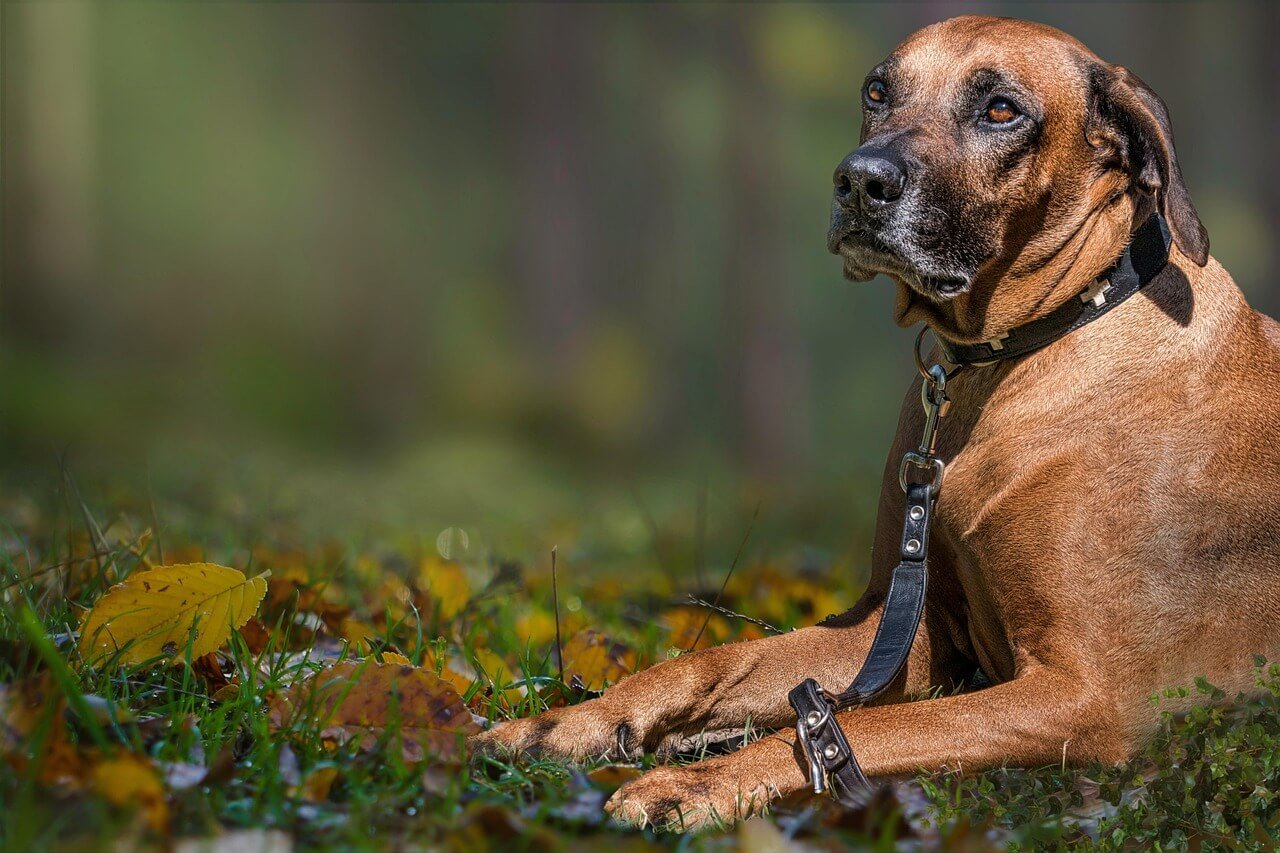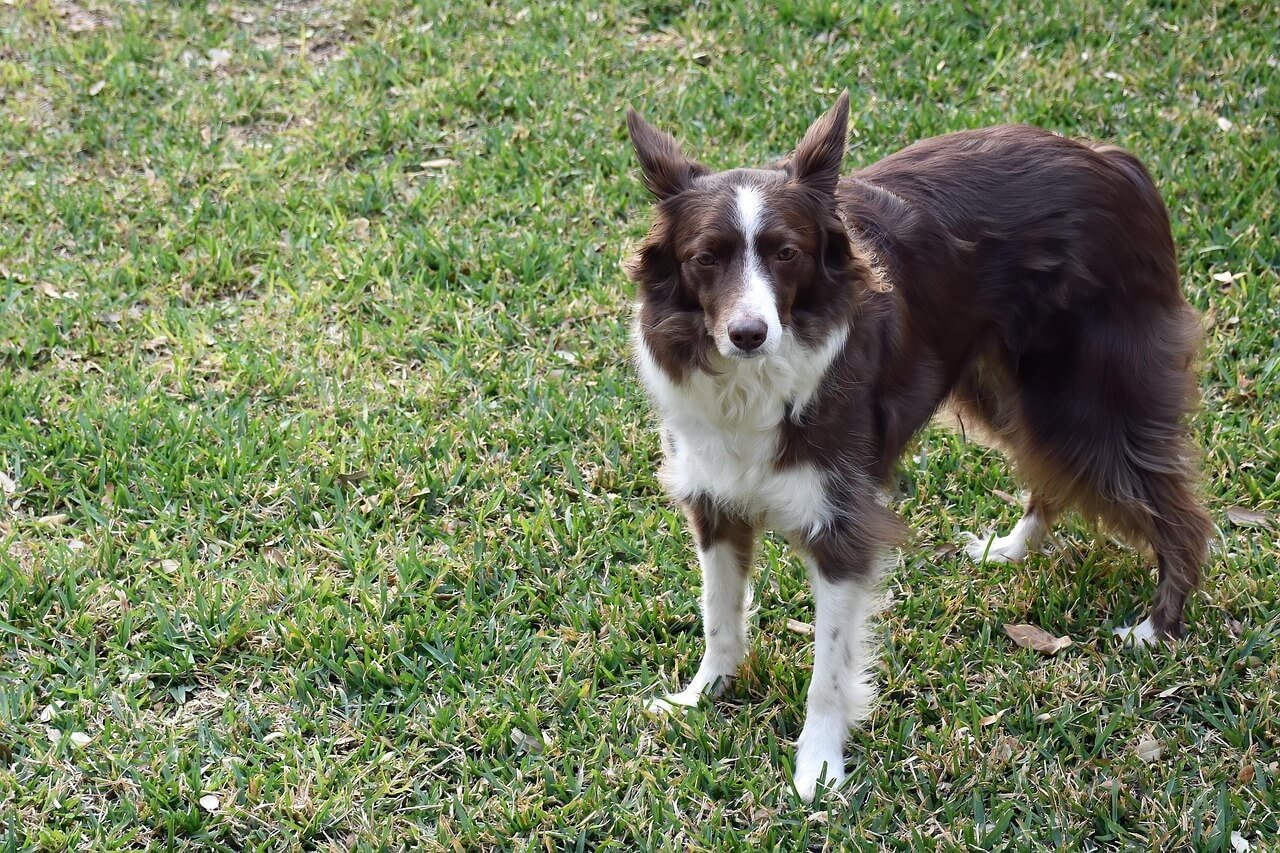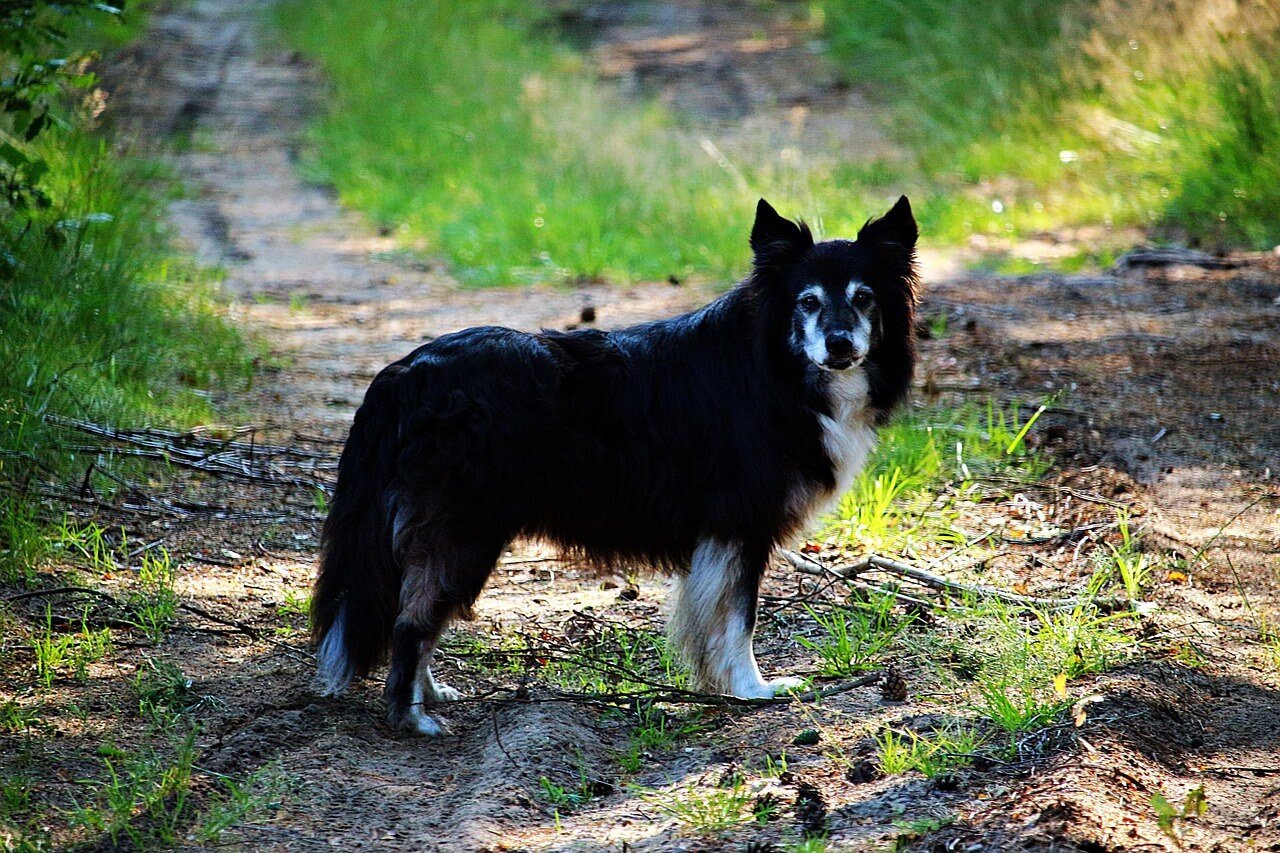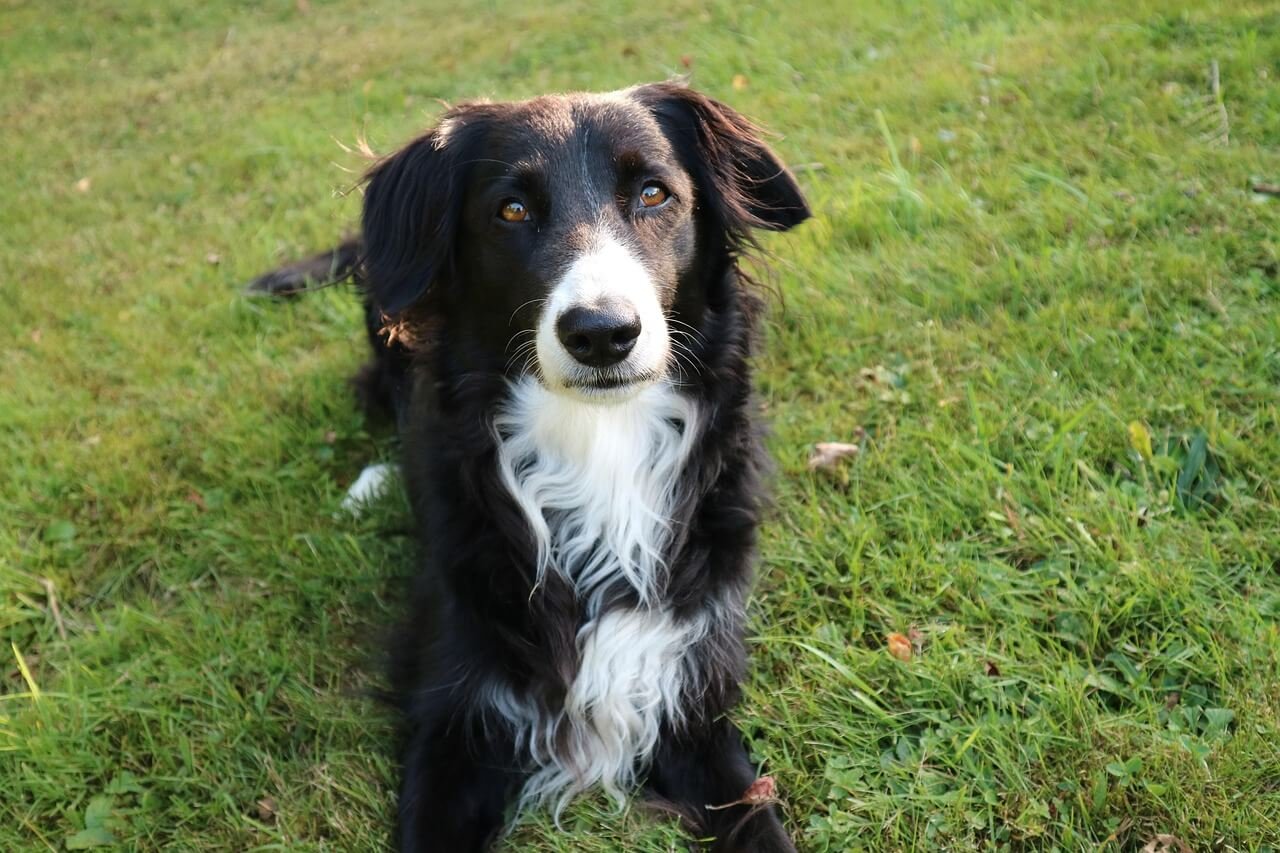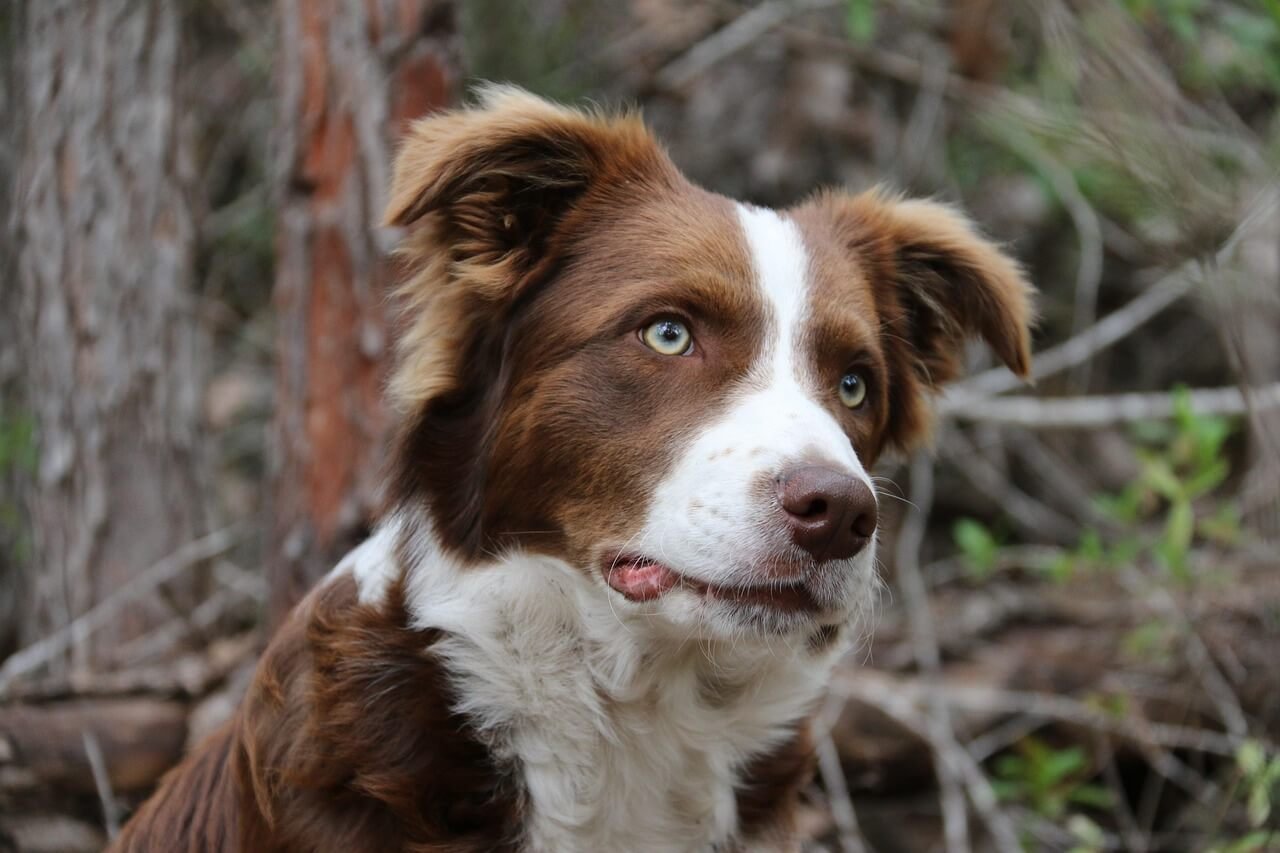How to Remove Hard Poop from Dog Anus at Home: A Step-by-Step Guide
Dealing with a dog that has hard poop stuck around their anus can be stressful for both you and your furry friend. This uncomfortable situation often arises due to constipation, dehydration, or dietary issues. While it’s not uncommon, leaving the problem untreated can lead to irritation, infection, or even more serious health concerns. Fortunately, there are safe and effective ways to help your dog at home. In this blog post, we’ll walk you through how to remove hard poop from your dog’s anus gently and hygienically. We’ll also cover preventive measures to keep your pup healthy and comfortable in the future.
Understanding the Causes of Hard Poop Around Your Dog’s Anus
Before attempting to address the issue, it’s important to understand why hard poop gets stuck around your dog’s anus. Identifying the root cause can help prevent future occurrences. Here are some common reasons:
Constipation: Lack of fiber or insufficient water intake can lead to dry, hard stools that are difficult to pass.
Dehydration: Not drinking enough water can make your dog’s stool harder and more prone to sticking.
Poor Diet: Low-quality food lacking essential nutrients can contribute to digestive issues.
Lack of Exercise: Physical activity helps stimulate bowel movements and promotes regularity.
Health Conditions: Issues like anal gland problems or gastrointestinal disorders may exacerbate the problem.
By understanding these causes, you can take steps to address the underlying issue and reduce the likelihood of recurrence.
How to Safely Remove Hard Poop from Your Dog’s Anus
Removing hard poop from your dog’s anus requires patience, care, and proper hygiene. Follow these steps to ensure the process is as stress-free as possible for both you and your pet:
Prepare Your Supplies: Gather warm water, a soft cloth or towel, mild soap, and gloves to keep everything clean and safe.
Soak the Area: Use a warm, damp cloth to gently soften the hardened poop around your dog’s anus.
Gently Wipe Away: Once softened, carefully wipe away the poop using the cloth, avoiding any harsh scrubbing that could irritate the skin.
Clean the Area Thoroughly: Rinse the area with warm water and mild soap to remove any remaining residue.
Dry Gently: Pat the area dry with a clean towel to prevent moisture buildup, which could lead to irritation.
This gentle approach ensures your dog remains comfortable while addressing the issue effectively.
Check this guide 👉How to Dispose of Dog Poop: Best 7 Expert Tips!
Check this guide 👉Hookworms in Dog Poop: Best 7 Expert Tips!
Check this guide 👉Picking Up Dog Poop: Best 7 Expert Tips!
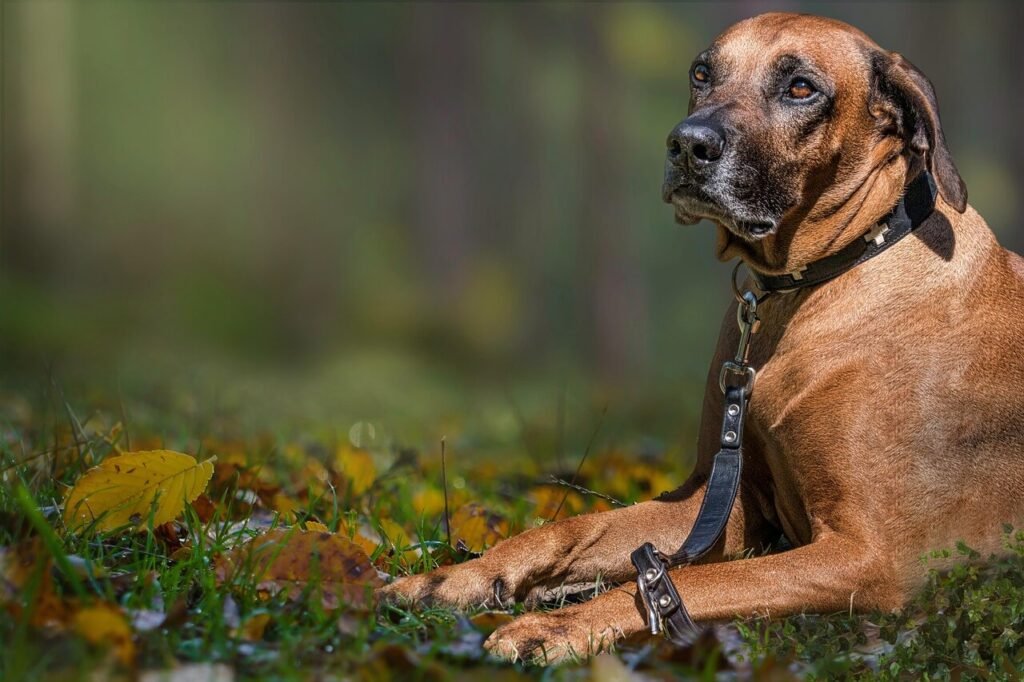
Steps to Remove Hard Poop | Why It’s Important |
|---|---|
Prepare supplies | Ensures hygiene and prevents contamination |
Soak the hardened poop | Softens the stool for easier removal |
Gently wipe away the poop | Prevents irritation or injury to the skin |
Clean the area thoroughly | Removes bacteria and prevents infection |
Dry the area gently | Reduces the risk of irritation or rash |
Tips for Preventing Hard Poop Build-Up in the Future
Prevention is key to ensuring your dog doesn’t experience this uncomfortable issue again. Here are some tips to promote healthy digestion and regular bowel movements:
Increase Fiber Intake: Add pumpkin, sweet potatoes, or green beans to your dog’s diet to support healthy digestion.
Ensure Proper Hydration: Encourage your dog to drink plenty of water by keeping their bowl fresh and accessible.
Provide Regular Exercise: Daily walks and playtime help stimulate digestion and prevent constipation.
Monitor Their Diet: Avoid feeding foods that are too processed or lack essential nutrients.
Schedule Vet Check-Ups: Regular visits to the vet can help identify and address potential health concerns early.
By implementing these preventive measures, you can help your dog maintain a healthy digestive system and avoid hard poop build-up.
Signs Your Dog May Need Veterinary Attention
While removing hard poop at home is often manageable, there are times when professional help is necessary. Here are signs that your dog may need to see a veterinarian:
Excessive Licking or Chewing: If your dog obsessively licks or chews their rear end, it could indicate pain or irritation.
Bleeding or Swelling: Any signs of blood or swelling around the anus require immediate veterinary attention.
Frequent Constipation: Persistent difficulty passing stool may signal an underlying health issue.
Behavioral Changes: Lethargy, loss of appetite, or unusual aggression can point to discomfort or illness.
Foul Odor: A strong, unpleasant smell from the anal area could indicate an infection or impacted anal glands.
If you notice any of these symptoms, consult your veterinarian promptly to rule out serious conditions.
What Not to Do When Dealing with Hard Poop Around Your Dog’s Anus
When trying to help your dog, it’s easy to make mistakes that could worsen the situation. Avoiding these common errors ensures your dog remains safe and comfortable during the cleaning process. Here’s what to steer clear of:
Using Harsh Chemicals: Cleaning products like bleach or alcohol can irritate your dog’s sensitive skin and cause further discomfort.
Forcing Removal: Trying to pull or scrape off hard poop forcefully can lead to injury or pain for your dog.
Ignoring Hygiene: Skipping handwashing or using unclean tools can introduce bacteria and increase the risk of infection.
Overlooking Underlying Issues: Focusing only on symptom removal without addressing the root cause can lead to recurring problems.
Neglecting Your Dog’s Stress Levels: Rushing or showing frustration can make your dog anxious, making the process harder for both of you.
By avoiding these mistakes, you can ensure the cleaning process is as safe and effective as possible for your furry friend.
Gentle Solutions to Prevent Hard Poop in the Future
If your dog frequently struggles with hard stools, incorporating natural remedies into their routine can help soften their poop and prevent future issues. Here are some safe and effective options:
Pumpkin Puree: Rich in fiber, canned pumpkin (unsweetened) aids digestion and softens stool naturally.
Probiotics: Supplements or probiotic-rich foods like plain yogurt promote gut health and regular bowel movements.
Coconut Oil: Adding a small amount to your dog’s food can lubricate their digestive tract and improve stool consistency.
Hydration Boosters: Mix water with wet food or add bone broth to encourage your dog to drink more fluids.
Psyllium Husk Powder: This natural fiber supplement helps regulate bowel movements when added to your dog’s meals.
These remedies not only address hard poop but also support your dog’s overall digestive health in a gentle, natural way.
Signs Your Dog May Have an Underlying Digestive Problem
Hard poop stuck around your dog’s anus can sometimes be a symptom of a larger digestive issue. Being aware of these signs allows you to seek timely veterinary care and prevent complications. Here’s what to look for:
Irregular Bowel Movements: Frequent constipation or diarrhea may indicate an imbalance in your dog’s digestive system.
Straining During Defecation: If your dog appears to struggle while pooping, it could signal blockages or other issues.
Changes in Stool Appearance: Blood, mucus, or unusually dark stools can point to gastrointestinal distress.
Weight Loss or Lack of Appetite: These symptoms often accompany digestive disorders that need professional attention.
Excessive Gas or Bloating: Persistent gas or a swollen abdomen may suggest dietary intolerance or other health concerns.
Recognizing these signs early can help you address potential problems before they escalate, ensuring your dog stays healthy and comfortable.
Frequently Asked Questions About Removing Hard Poop from Your Dog’s Anus
Can I use baby wipes to clean my dog’s anus?
Yes, unscented, alcohol-free baby wipes are safe for cleaning around your dog’s anus.
What should I do if my dog’s poop is too hard to remove?
Soak the area with warm water to soften the stool before attempting removal.
Is it normal for my dog to scoot after removing hard poop?
Scooting can indicate irritation or impacted anal glands, so monitor your dog closely.
How can I tell if my dog is dehydrated?
Signs include dry gums, lethargy, and infrequent urination. Ensure they have access to fresh water.
Can hard poop cause anal gland problems?
Yes, hard stool can make it difficult for anal glands to empty properly, leading to impaction or infection.
Final Thoughts: Keeping Your Dog Comfortable and Healthy
Removing hard poop from your dog’s anus may not be the most pleasant task, but it’s an important part of caring for your furry companion. By following the steps outlined in this guide, you can address the issue safely and hygienically while minimizing discomfort for your dog. Remember, prevention is just as crucial as treatment—providing a balanced diet, ensuring proper hydration, and maintaining regular exercise can go a long way in keeping your dog’s digestive system healthy. With patience and care, you can ensure your pup stays happy, comfortable, and free from this unpleasant issue.
Understanding Scabs in Dogs Ears: Best 7 Tips! Learn how to identify, treat, and prevent scabs in your dog’s ears for optimal ear health.
Is Cinnamon Bad for Dogs? Best 7 Health Tips! Discover safe ways to use cinnamon, risks to avoid, and expert advice to keep your dog healthy.
Can Dogs Get Pneumonia from Humans? Best 7 Tips! Learn how to protect your dog, understand transmission risks, and ensure their respiratory health.
Can Dog Urine Make You Sick? Best 7 Health Tips! Learn how to stay safe, prevent illness, and handle exposure to dog urine effectively.

